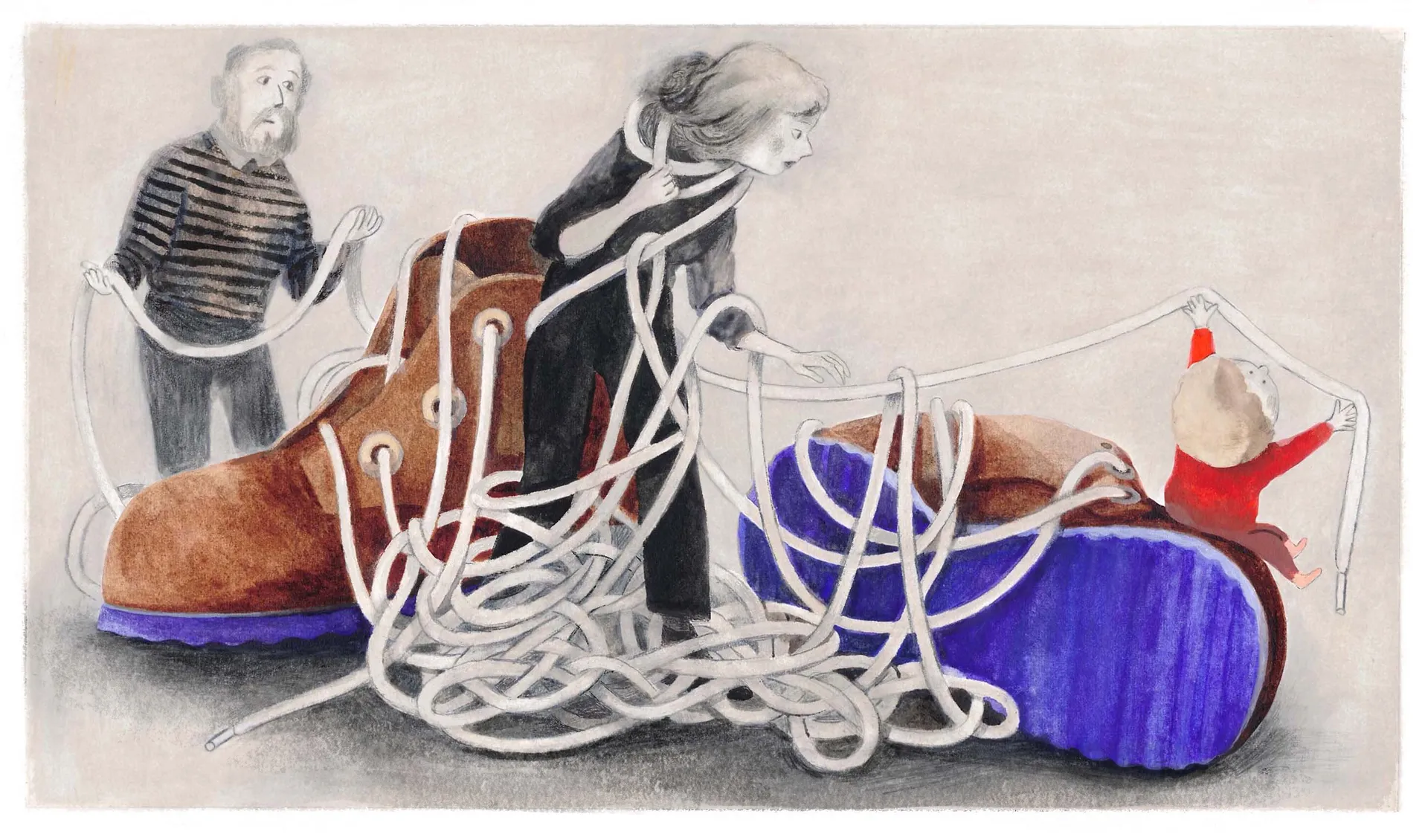There comes a time when every parent struggles with how best to discipline their child. Whether dealing with a screaming toddler or an angry teen, it can be hard to control your temper. No parent wants to find themselves in such a situation and the bottom line is that shouting and physical violence never help.
Thankfully, there are other, more effective ways and one of them is positive discipline. We consulted Lucie Cluver, Oxford University professor of Child and Family Social Work and mother of two young boys, to explore how the approach can help parents build positive relationships with their children and teach skills like responsibility, cooperation and self-discipline.
Why positive discipline?
“Parents often resort to yelling or hitting their kids due to stress and a lack of alternatives,” says Professor Cluver.
It’s abundantly clear: shouting and physical discipline not only fail but can also cause lasting harm. The ongoing “toxic stress” it creates can lead to severe outcomes like increased school dropouts, depression, substance abuse, suicide, and heart disease.
“When something doesn’t work, it’s time to seek a different approach,” notes Professor Cluver. Rather than focusing on punishment, positive discipline revolves around nurturing a healthy parent-child relationship and establishing behavior expectations. The good news is that it’s effective, and here’s how you can implement it:
- Schedule Quality Time Devote one-on-one time to build a strong bond with your children. “Even 20 minutes a day, or just 5, can make a difference. You can pair it with activities like doing dishes together or chatting while doing chores,” suggests Professor Cluver. “The key is undivided attention, turning off distractions, and engaging at their level.”
- Acknowledge Positive Behavior Parents tend to highlight negative behavior, inadvertently reinforcing it as a way to gain attention. Children thrive on praise. “Catch them doing something good, even small things like playing with a sibling, and praise them,” advises Professor Cluver. This fosters positive behavior and reduces the need for discipline.
- Establish Clear Expectations “Being clear about what you want your child to do is more effective than focusing on what not to do,” asserts Professor Cluver. Specific instructions like “Please tidy up your toys and place them in the box” set clear expectations and enhance compliance. However, ensure these expectations are realistic.
- Employ Creative Distractions Distracting your child with a positive activity when they’re being difficult can be effective. “Redirect their attention by changing the subject, introducing a game, or moving to a different space,” suggests Professor Cluver. Timing matters—spotting signs of tension before it escalates is key.
- Implement Calm Consequences Teach your child that actions have consequences by calmly explaining the outcomes of their behavior. For instance, if they scribble on walls despite warnings, inform them about the consequence—ending playtime. Follow through calmly and without anger, praising good behavior.
Consistency in applying consequences is crucial in positive parenting. Realistic consequences and recognizing efforts, even in enforcing discipline, help in shaping positive behavior in children.
Engaging with younger children
Spending one-on-one time with your kids can be both enjoyable and cost-free! “You can imitate their expressions, create music with household items, or sing along,” remarks Professor Cluver. “Studies show that playing with your children significantly enhances their cognitive development.”
Engaging with older children
Engaging with older kids follows a similar pattern. Teenagers, like younger children, crave recognition and aim to be seen in a positive light. “They appreciate dancing together or discussing their favorite artists,” notes Professor Cluver. “Even if they don’t express it openly, they value it. It’s a valuable way to nurture a relationship on their terms.”
When establishing household rules, involving teens in the process is beneficial. “Invite them to participate in setting some rules,” advises Professor Cluver. “Sit down together to agree on household guidelines and consequences for unacceptable behavior. This involvement acknowledges their growing independence and understanding.”








